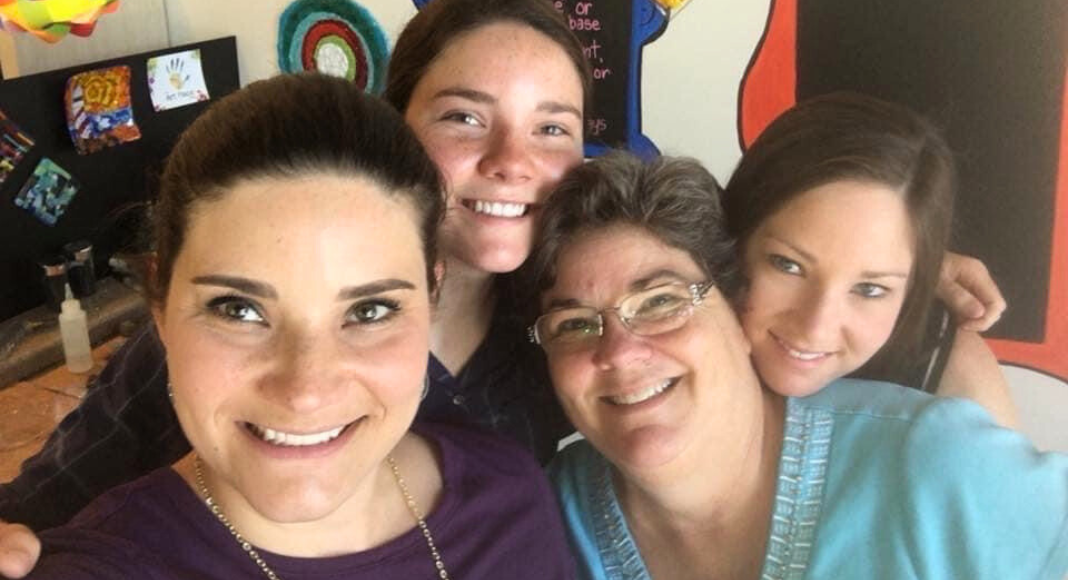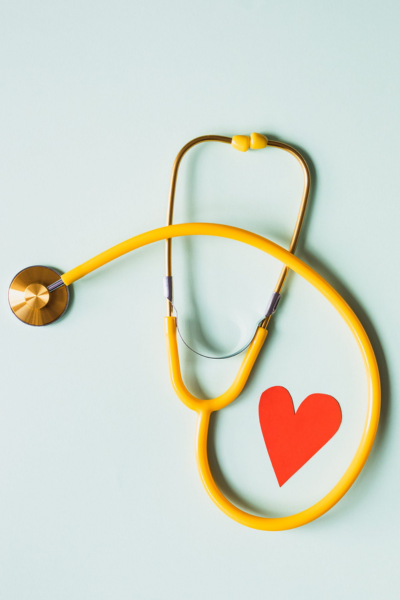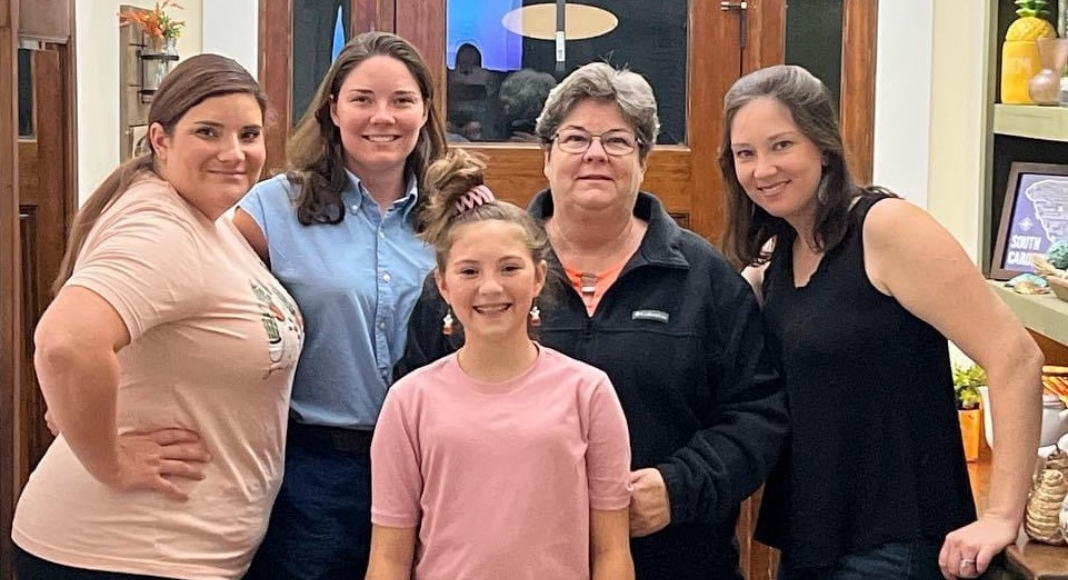The nurse came rushing back into my mother’s room in the emergency department and said, “I need you to take this aspirin,” as he handed her a pill and a cup of water.
I looked at him with confusion, and some disbelief. I, myself, was a nurse, and the fact that he was commanding her to quickly take an aspirin when we were there for my mother’s chest pain told me that something indeed was happening with her heart.
I spoke up and said that I had already given her an aspirin on the way to the hospital, and asked why they were prescribing her another one. He looked at me, and then at my mom, and said to her, “Honey, you’re having a heart attack!”
The rest of that night was a whirlwind of actions and emotions. We were on vacation visiting family in Mississippi at the time. That night I made the difficult call home to tell my father that Mom was in the emergency room for chest pains and that she was actually having a heart attack.
They wanted to fly my mother to a bigger hospital in nearby Mobile, Alabama, but weather conditions dictated that she had to ride in an ambulance instead. I tried not to panic as my cousin and I drove the long, one-hour drive to meet my mother in Mobile. Mainly, I was just in shock that my mother, at the young age of 49, was experiencing a heart attack . . . and while we were on vacation, no less!

Fortunately, my mother’s heart attack was mild, and there was no significant, permanent damage to her heart.
We spent a few days in the hospital with her, then took her home to my cousin’s house (where we were staying) for another couple of days so she could rest. Only then did the doctors permit me to drive her 11 hours back home to Charleston.
Since then, my mother has had routine care with a cardiologist and is on various medications as a result of her heart attack. I’m happy to say she has been doing quite well since this incident in early 2013.
My mother was one of the millions of American women who had no idea that she was suffering from heart disease.
She had never really experienced any symptoms before the day of her heart attack. She had very little in the way of risk factors for her health. Fortunately, she has been able to take better care of her health in the years since the attack, and her awareness of the disease is heightened.
At the time of her attack, my mom, like most American women, had no idea that heart disease was, and still is, the leading cause of death for women in the United States, accounting for about one in every five female deaths. Though awareness has increased in recent years, many women still do not know this fact!
American Heart Month
With February being American Heart Month, now is the perfect time to educate yourself and help spread awareness to others regarding heart disease — its symptoms, and its prevention. There are many resources online that provide this education.
Heart Disease Symptoms
The Centers For Disease Control and Prevention’s website includes a list of heart disease symptoms that, if you are experiencing, you need to discuss with your doctor. These include, but are not limited to:
- Shortness of breath
- Excessive tiredness that won’t go away
- Angina (a heavy or dull ache in the chest)
- And/or pain in the neck, jaw, or throat
Heart Disease Prevention
Their website also lists many actions we can take to prevent heart disease, including:
- Managing our stress levels
- Knowing our blood pressure (and seeking treatment for high blood pressure, if warranted)
- Eating healthy
- Partaking in physical activity and exercise
Risk Factors
Multiple risk factors about our health may lead to the development of heart disease, especially if these risk factors are left untreated.
- High blood pressure
- High cholesterol
- Diabetes
- Obesity
- Poor diet
- Lack of physical activity
These can all lead to heart disease, and heart disease itself can lead to further complications, such as heart attack and stroke.
 Expanding Awareness and Self-Care
Expanding Awareness and Self-Care
While it was unfortunate that my mother had to experience a heart attack so young, and while I wish she did not suffer from the complications of heart disease, I consider her heart attack a blessing in disguise.
Because of what my mom has gone through, and because of her diagnosis, I have an increased awareness of heart disease and the symptoms of a heart attack. I am more aware of my health and of being proactive and taking care of my health now to hopefully prevent heart disease and its potential complications in the future. I am also able to tell other women in my life about my mother’s story, and thus increase their awareness as well.
We women are notorious for prioritizing everyone else first and putting ourselves last. But having awareness about heart disease is so very important, and so is taking care of our bodies!
If we aren’t aware of the risk factors, and the symptoms, and if we don’t prioritize our health, we may fall victim to this number one killer of women. And then we won’t be here to care for our families and the ones we love.
I want to be here for all of life’s experiences throughout the years, and I want to be here for the milestones that my kids go through as they grow. I know each of you wants the same thing too! To do that, we must care for our health, become more aware of this deadly disease, raise awareness in the women around us, and support each other on our quest for better health!
Further Education About Heart Disease
So choose to educate yourself this February during American Heart Month. There are so many websites with information and resources, from the American Heart Association to the CDC. The National Institutes of Health even has a webpage full of fact sheets regarding heart disease that are very easy to read!
Once you’ve researched this disease and are better informed, share it with the women you love so that they too can be empowered with knowledge. Together, hopefully, we can decrease the incidence of heart disease among the women of America.














